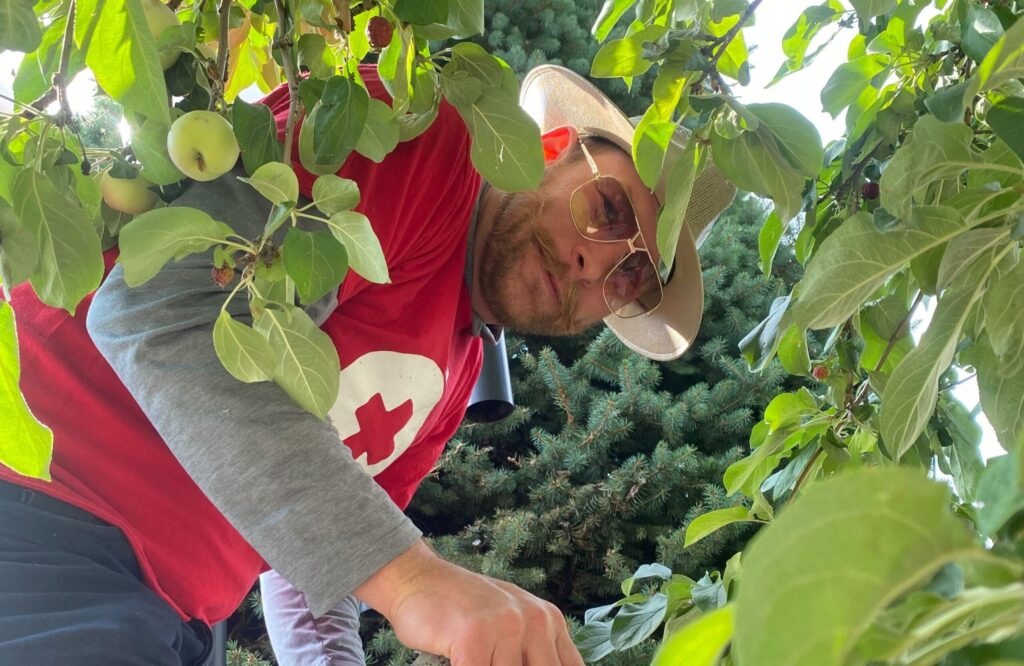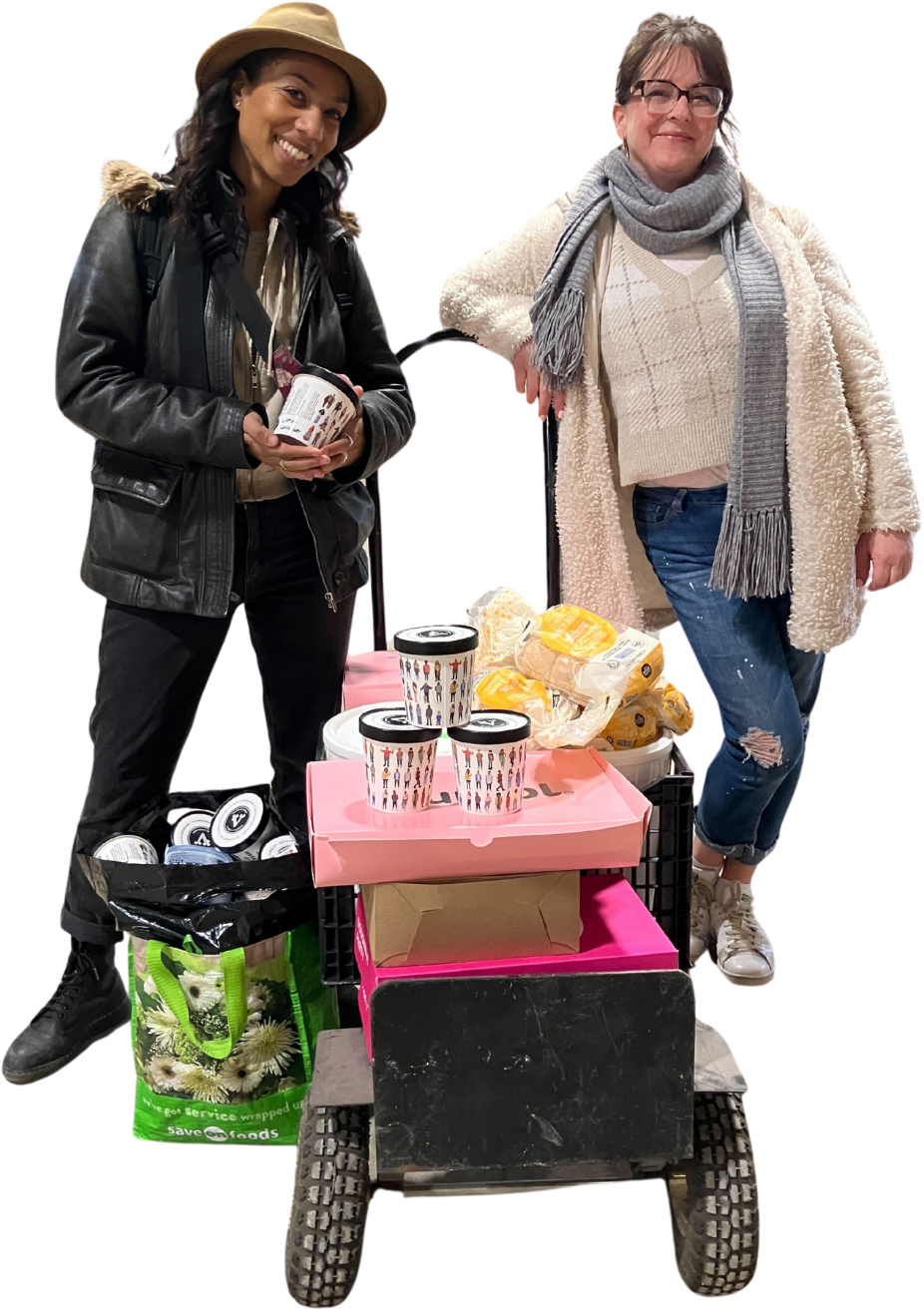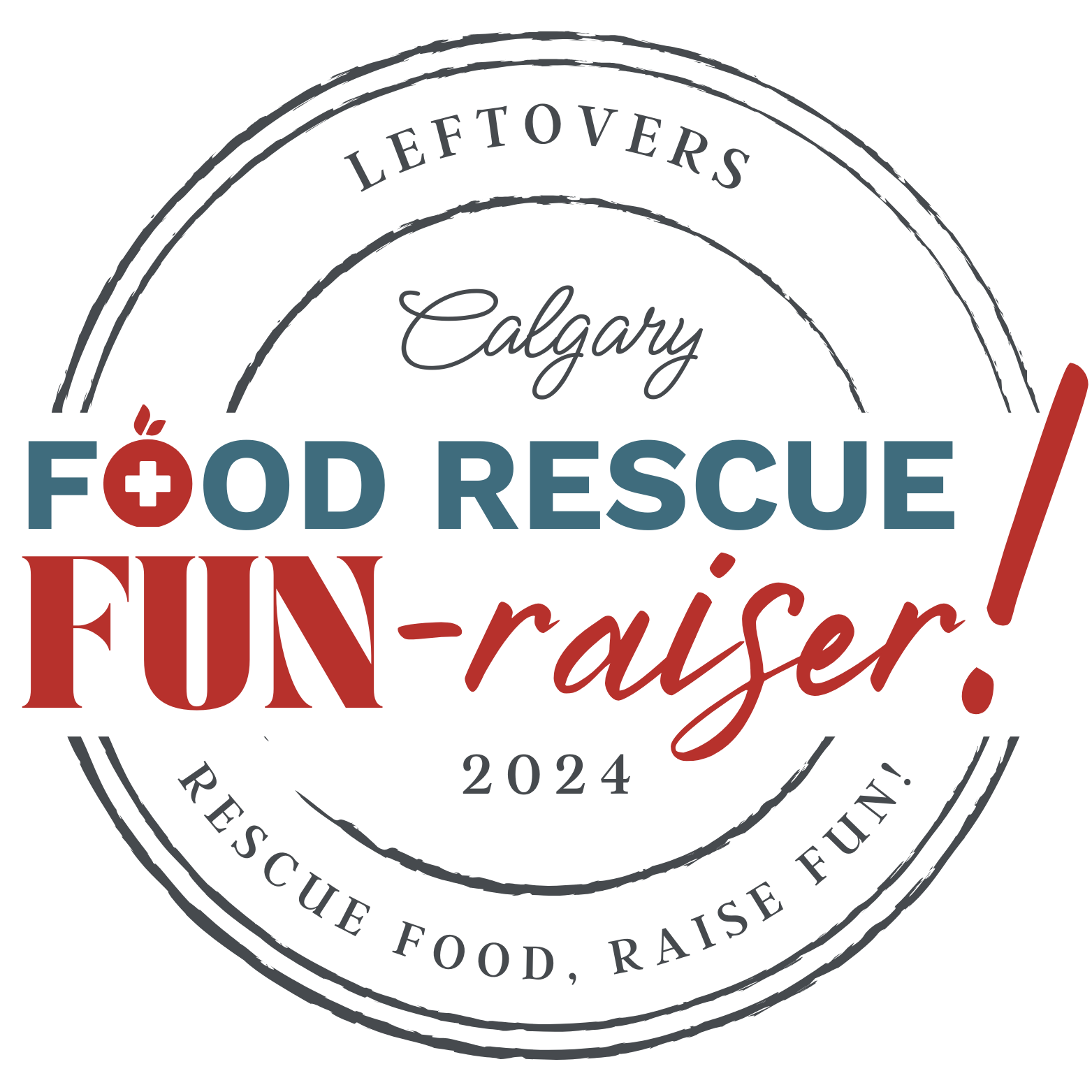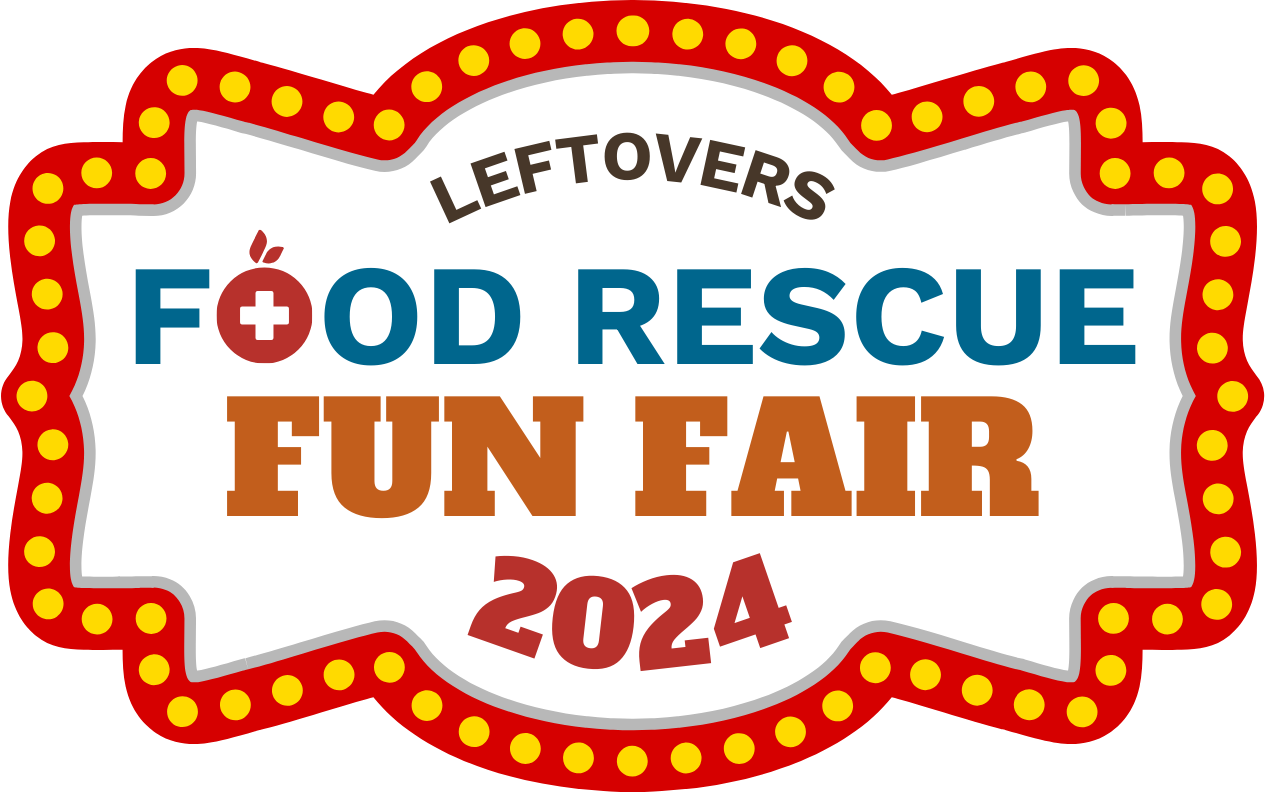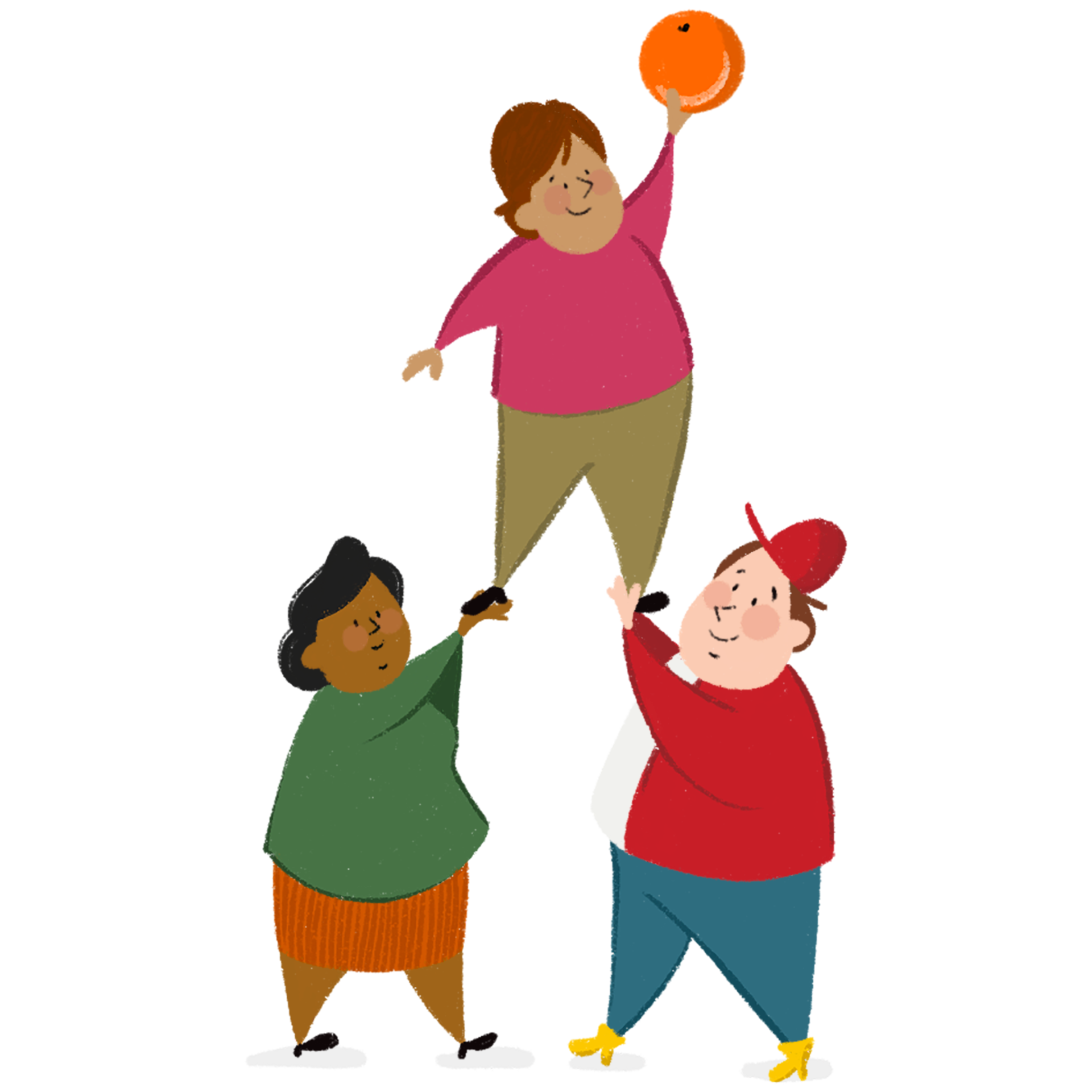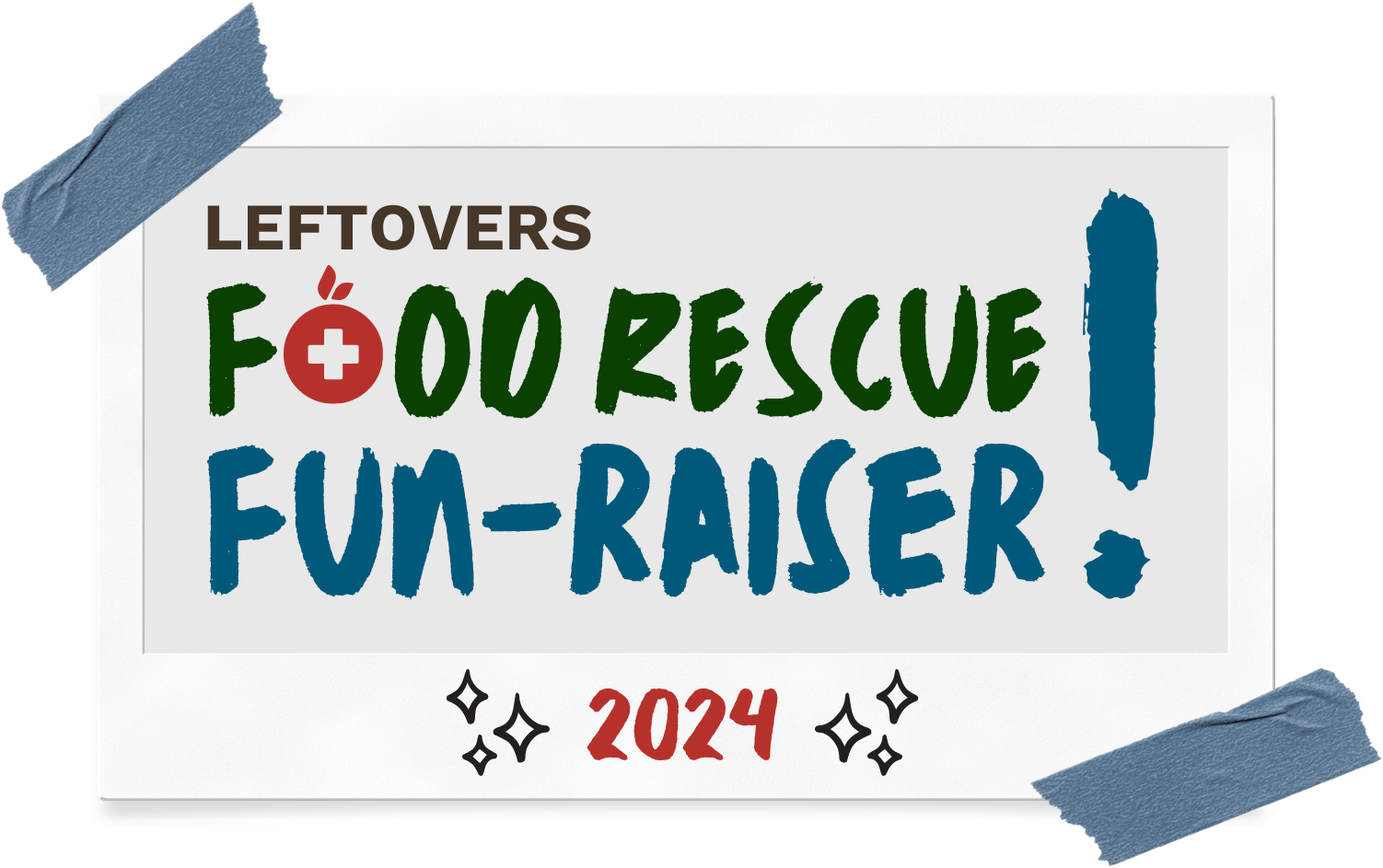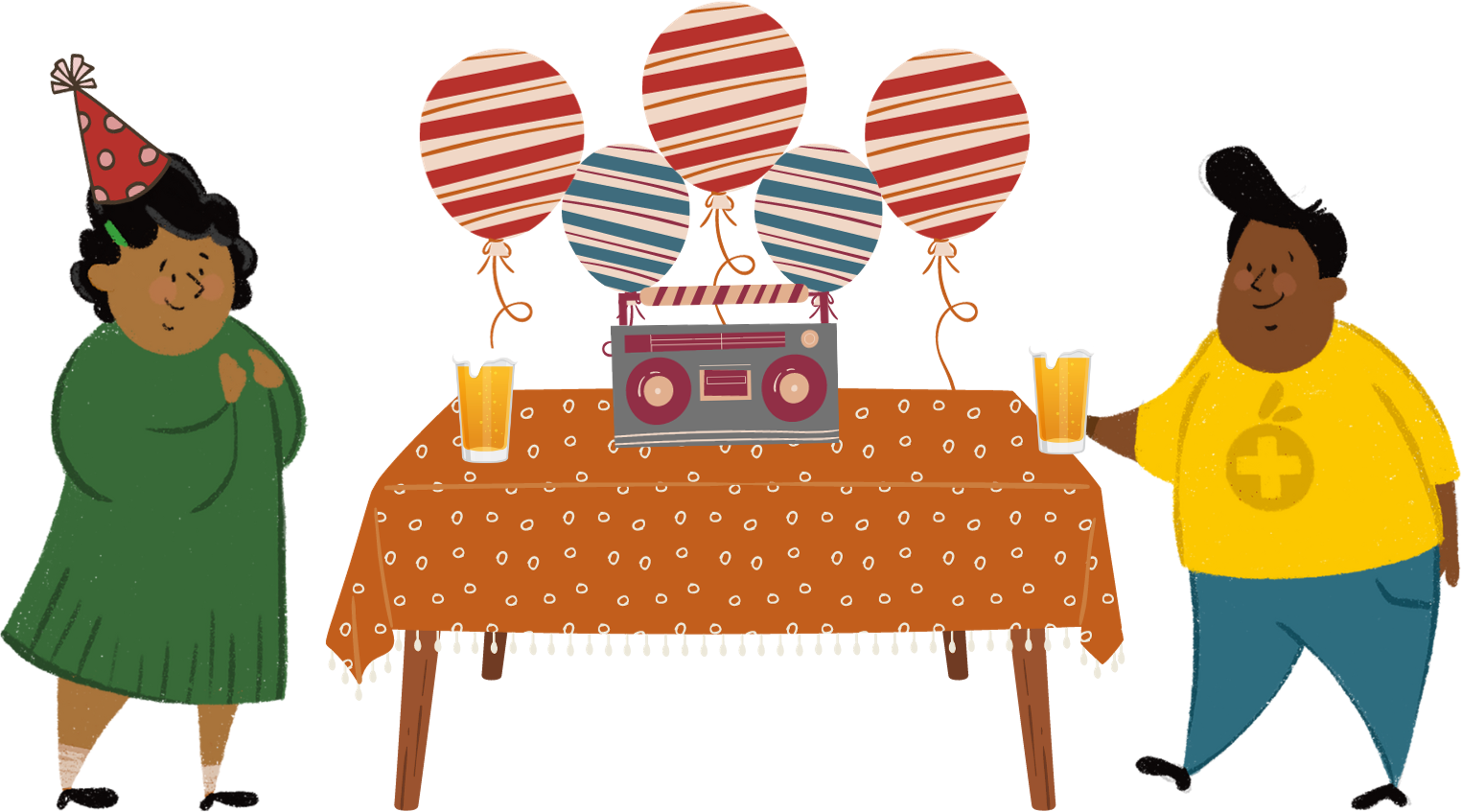In an era where food security remains a critical global concern, innovation and creativity are required to bridge the gaps between abundance and scarcity. We talk a lot about our program, Rescue Food, as our volunteers are moving food *almost* every single day from commercial sources – but did you know that we capture residentially-grown food during Canada’s local growing season, too? By harnessing the power of technology and community collaboration, the Leftovers Foundation’s Home Harvest program endeavors to redistribute surplus fresh produce grown in residential settings to folks in need.
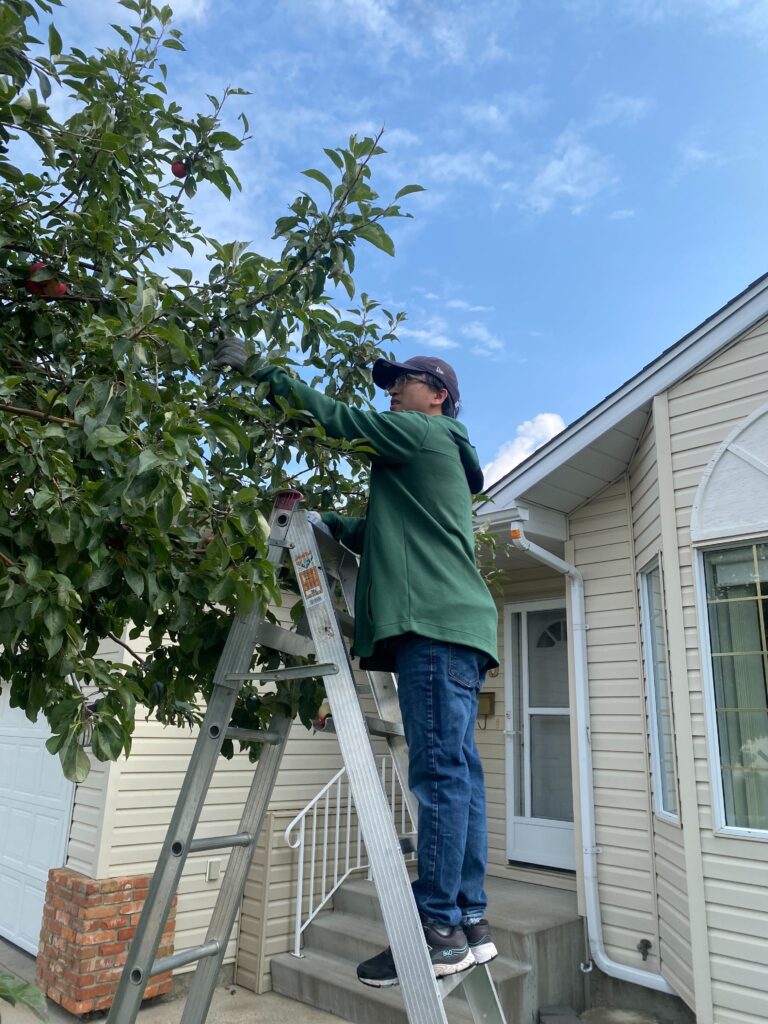
The environmental impact of food rotting in landfill is staggering – but can be significantly reduced when a plan is set in motion. Those with abundant gardens can enlist the help of Leftovers volunteers to harvest (read: pick their apple tree!) and deliver the yield to a neighborhood service agency or grassroots organization. In addition to serving as a solution to potential waste, Home Harvest attempts to address some of the barriers to access in attaining fresh, affordable produce.
A helpful framework for understanding food security is provided by Toronto Metropolitan University through their “5 A’s” model. Within the intricate global context of sustenance, these 5 A’s serve as foundational pillars, outlining the comprehensive criteria essential for achieving food security.
Availability
Central to this intricate framework is the concept of “Availability,” which necessitates a consistent and ample supply of nourishment to meet the needs of all individuals, continuously.
Home Harvest increases the availability of locally-grown produce by bringing excess fruits and vegetables from areas of high availability to service agencies in areas considered food deserts – where we know there is a need.
Accessibility
In parallel, the aspect of “Accessibility” emphasizes both the physical proximity and economic feasibility of obtaining food. This dual emphasis ensures an inclusive perspective on food access. Here at Leftovers, we attempt to prioritize the service agencies with the lowest barriers to access. Those with low entry requirements, such as not requiring proof of income, identification, or a provincial health card. Additionally, for difficult-to-process produce, such as crabapples or gooseberries, we pair the donation with a service agency or upcycler we know can make use of the food in order to make it more accessible. An example of this is by turning crab apples into cider or chili peppers into hot sauce. Strategic, creative thinking is at play here to make the best use of the donation.
Acceptability
The principle of “Acceptability” underscores the cultural significance of food preferences. It emphasizes the need to uphold the cultural resonance of food choices while respecting human dignity and rights. The concept of “giving with dignity” underlies the daily operations of the Leftovers Foundation.
Adequacy
Expanding this perspective further, we encounter the notion of “Adequacy:” a nuanced layer that highlights the importance of nutritious, safe, and environmentally sustainable food production. This dimension requires a careful balance between nutritional value and ecological mindfulness, aligning our dietary choices with the well-being of the planet. Similar to accessibility, we aim to match donations with service agencies that we are able to serve with dignity. When it comes to Home Harvest, we look to always provide the best quality, locally-sourced produce and compost things that would not be dignified to give out whenever possible. We have worked to develop our volunteer handbook so that our volunteers have a deeper understanding of this importance when picking produce for Home Harvest.
Agency
Lastly, acting as the orchestrator of this multifaceted ensemble is the concept of “Agency.” This abstract yet potent element represents the policies and processes that work in harmony, facilitating the realization of food security in a coordinated manner. Above all else, we see the personhood and innate value of the folks who eat the food we save.
These Five A’s inform the mindset, framework, and decision-making process of the Leftovers Foundation, and guide our understanding of food security as an ultimate goal. This goal, though, will never be achieved through rescued food.
In approaching food rescue through this lens, our program attempts to provide an alternative source of locally-grown produce to agency partners – but also prioritizes inclusivity, cultural respect, and environmental sustainability. This multifaceted approach not only addresses immediate food security needs but also establishes a framework for a more resilient and equitable food system. While we know that Home Harvest is only an interim solution and that systemic change would be far more effective, we continue this work as an act of harm reduction.
Home Harvest stands as a testament to the power of community collaboration, innovative technology, and a thoughtful approach to food distribution. It serves as a model for how localized solutions can have a global impact, paving the way for a more resilient, equitable, and sustainable food system for generations to come.
Interested in getting involved? Start here.

